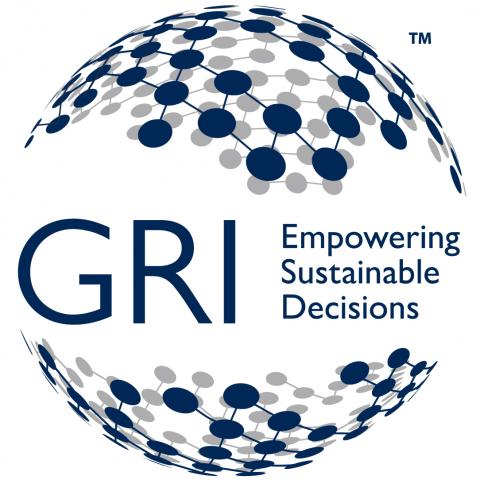
The Global Reporting Initiative (known as GRI) is an international independent standards organization that helps businesses, governments and other organizations understand and communicate their impacts on issues such as climate change, human rights and corruption.
Under increasing pressure from different stakeholder groups – such as governments, consumers and investors – to be more transparent about their environmental, economic and social impacts, many companies publish a sustainability report, also known as a corporate social responsibility (CSR) or environmental, social and governance (ESG) report. GRI’s framework for sustainability reporting helps companies identify, gather and report this information in a clear and comparable manner. First launched in 2000, GRI’s sustainability reporting framework is now the most widely used by multinational organizations, governments, small and medium enterprises (SMEs), NGOs and industry groups in more than 90 countries. In 2017, 63 percent of the largest 100 companies (N100), and 75 percent of the Global Fortune 250 (G250) reported applying the GRI reporting framework.
The most recent of GRI’s reporting frameworks are the GRI Standards, launched in October 2016. Developed by the Global Sustainability Standards Board (GSSB), the GRI Standards are the first global standards for sustainability reporting and are a free public good. In contrast to the earlier reporting frameworks, the GRI Standards have a modular structure, making them easier to update and adapt.
The GRI was formed by the United States-based non-profits Ceres (formerly the Coalition for Environmentally Responsible Economies) and Tellus Institute, with the support of the United Nations Environment Programme (UNEP) in 1997. It released an “exposure draft” version of the Sustainability Reporting Guidelines in 1999, the first full version in 2000, the second version was released at the World Summit for Sustainable Development in Johannesburg—where the organization and the guidelines were also referred to in the Plan of Implementation signed by all attending member states. Later that year it became a permanent institution. In 2002 GRI moved its secretariat to Amsterdam, Netherlands. Although the GRI is independent, it remains a collaborating centre of UNEP and works in cooperation with the United Nations Global Compact.
Global sport organisations such as the International Olympic Committee rely on GRI to measure their environmental impact.